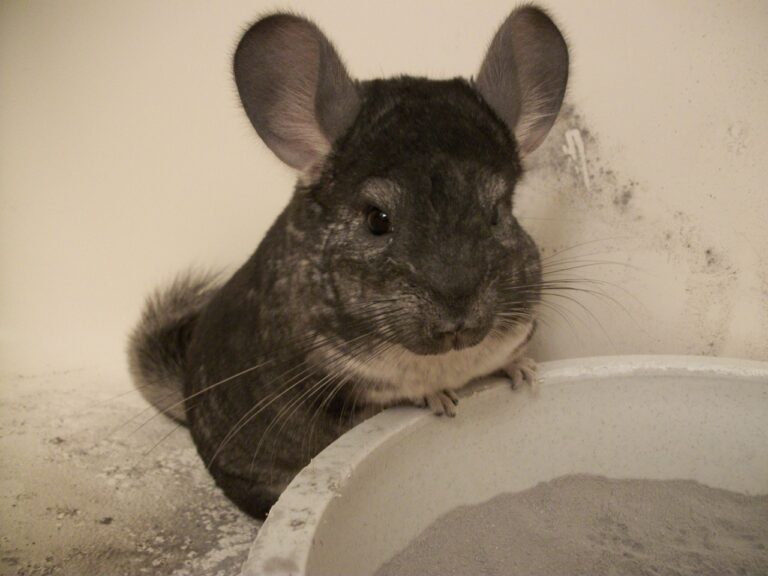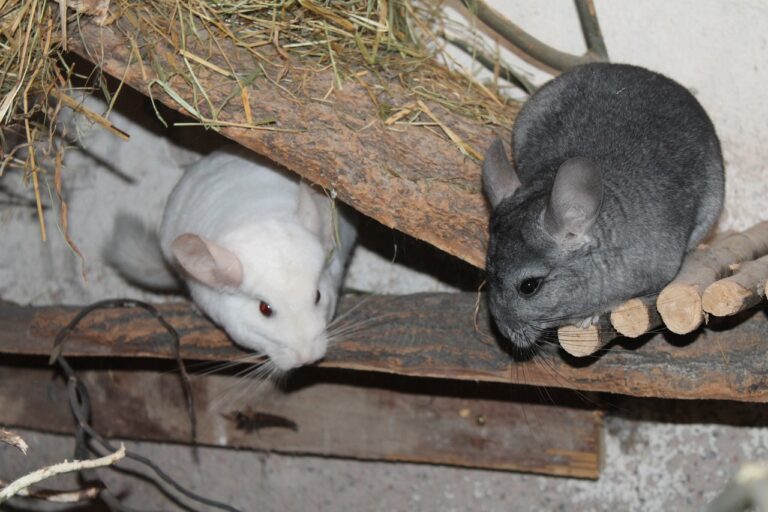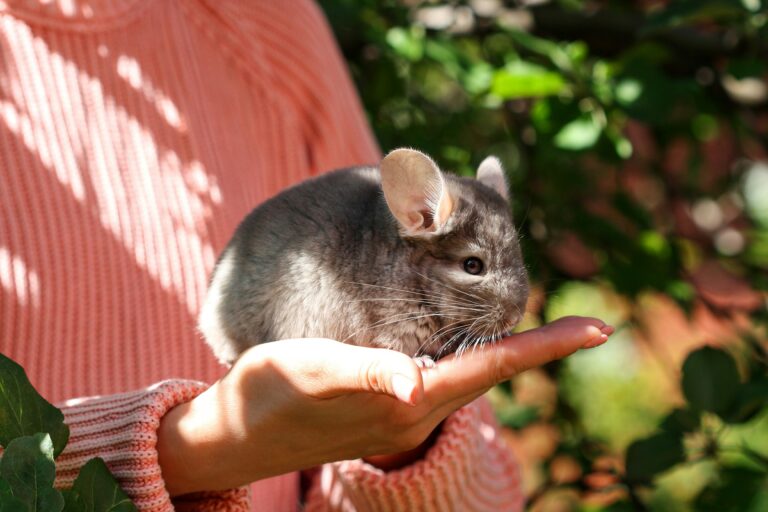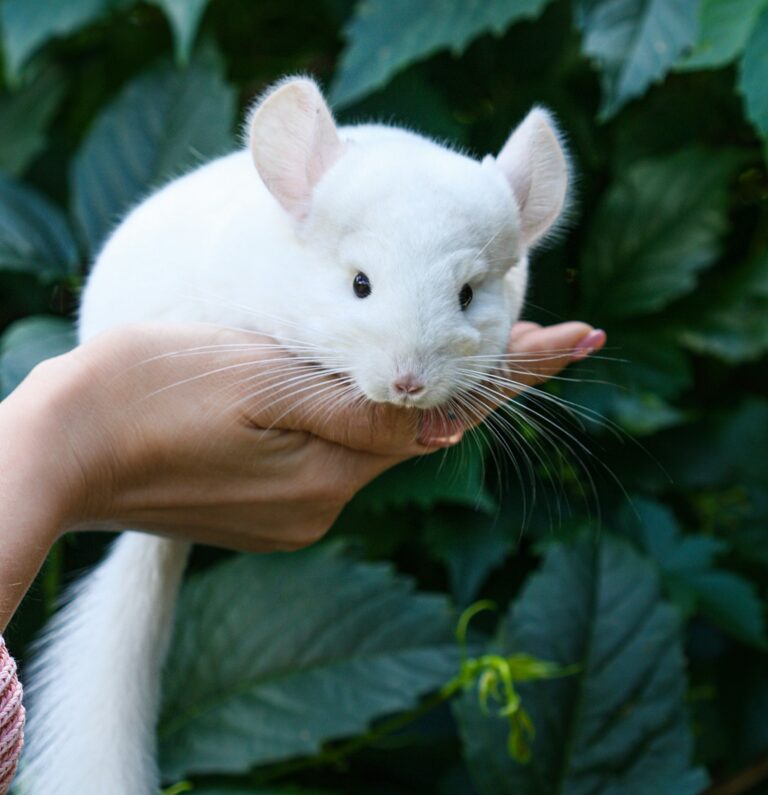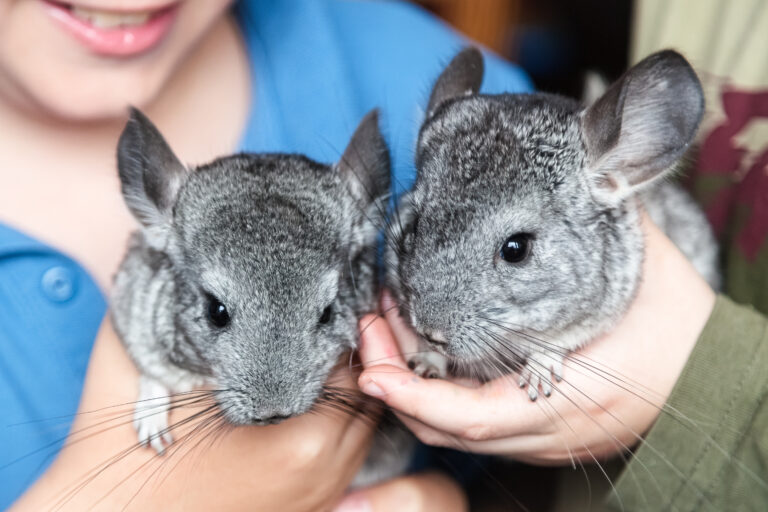Pros and Cons of Owning a Chinchilla
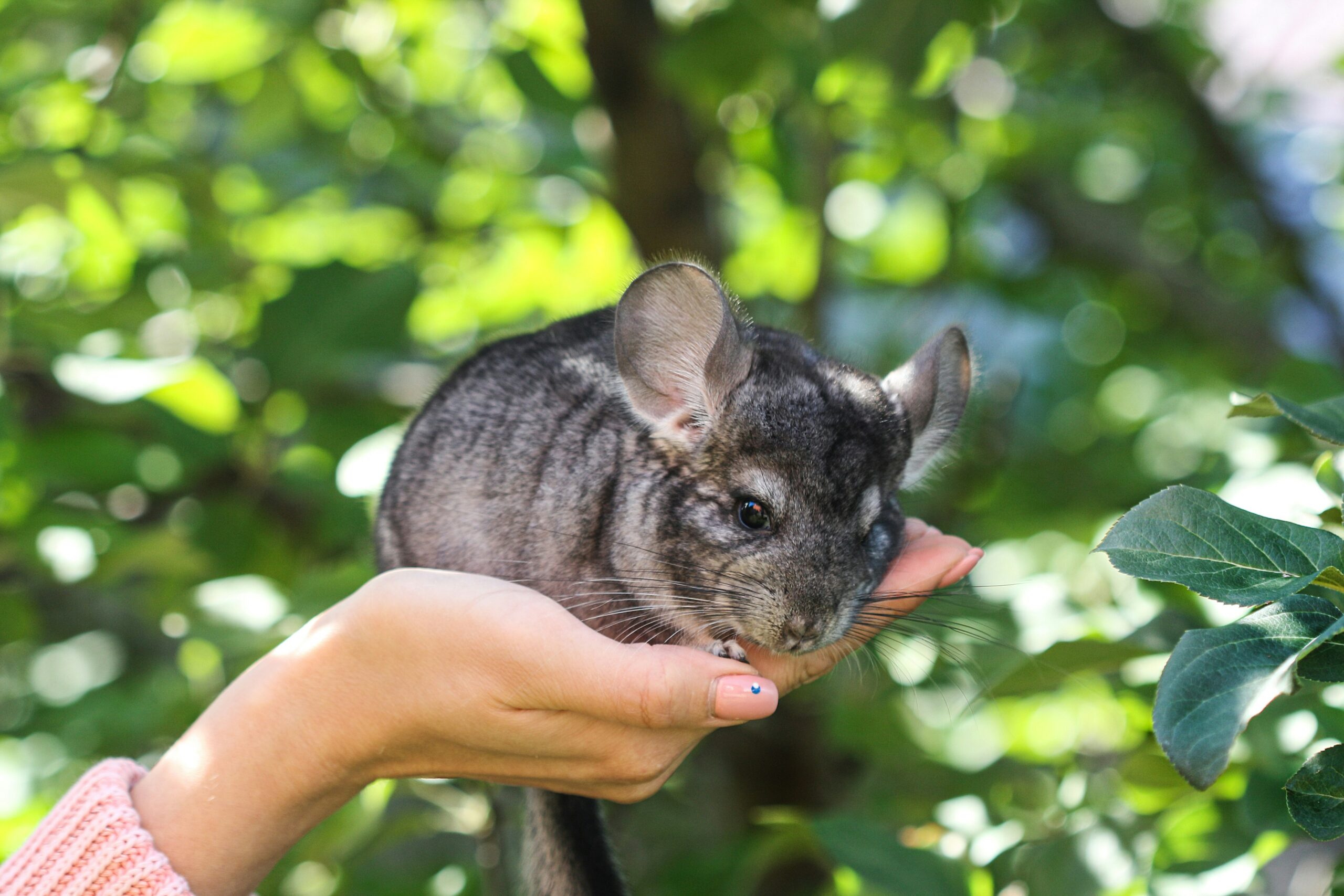
Chinchillas, with their irresistibly soft fur, large eyes, and playful demeanor, have captured the hearts of many pet enthusiasts. Native to the Andes Mountains of South America, these small rodents have unique characteristics that make them both appealing and challenging as pets.
Here we will explore the pros and cons of owning a chinchilla, providing an overview for potential owners to consider.
Pros of Owning a Chinchilla
1. Adorable Appearance
Chinchillas are incredibly cute, with their round bodies, large ears, and bushy tails. Their dense, velvety fur is one of their most striking features, making them a delight to look at and touch.
2. Long Lifespan
Chinchillas have a relatively long lifespan for small rodents, often living between 10 to 20 years with proper care. This longevity allows owners to form long-term bonds with their pets, providing many years of companionship.
3. Low Allergen Risk
Unlike many other pets, chinchillas produce very little dander, which is a common cause of allergies. Their fur is also less likely to cause allergic reactions compared to cats and dogs, making them a good option for individuals with mild pet allergies.
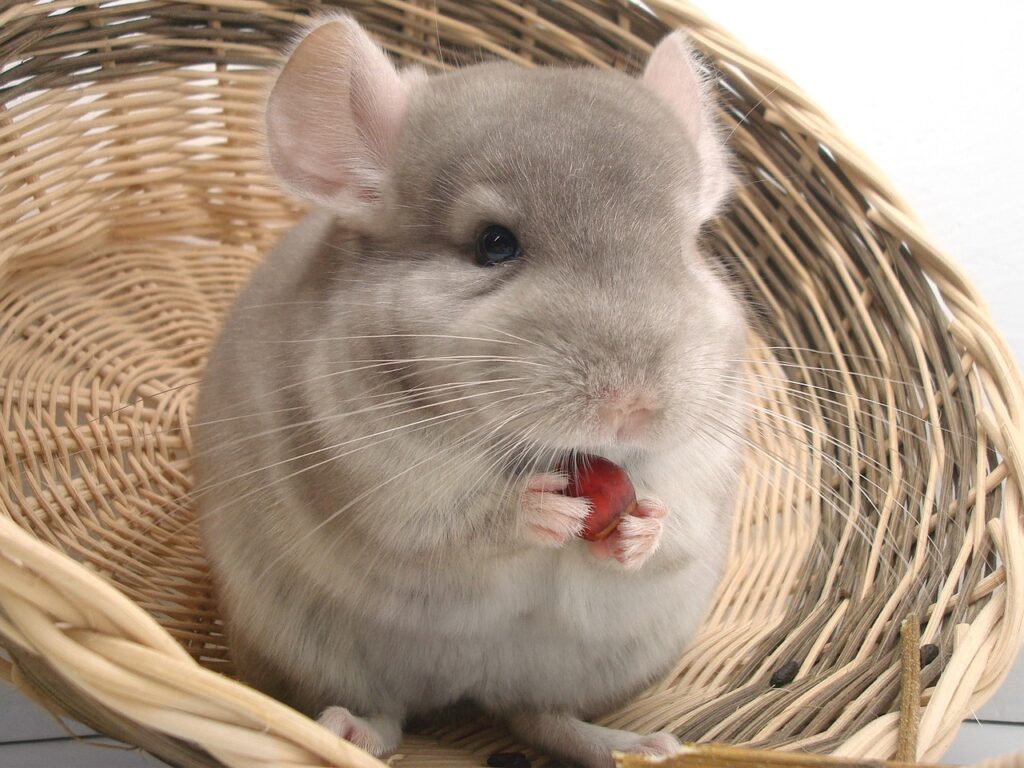
4. Clean and Odorless
Chinchillas are naturally clean animals that take care of their own grooming. They do not produce a strong odor, and their cages remain relatively odor-free with regular cleaning. They also do not need baths in water; instead, they take dust baths to keep their fur clean and healthy.
5. Quiet Pets
Chinchillas are generally quiet, making them suitable for apartments or homes where noise might be an issue. They do make some sounds, such as soft chirps and squeaks, but these are usually not loud or disruptive.
6. Playful and Active
Chinchillas are very active and playful animals. They enjoy running, jumping, and exploring their surroundings. Providing them with toys, exercise wheels, and safe play areas can offer endless entertainment for both the chinchilla and its owner.
7. Intelligent and Trainable
Chinchillas are intelligent creatures capable of learning tricks and recognizing their owners. With patience and positive reinforcement, they can be trained to perform simple tasks and respond to their names.
8. Low Maintenance Grooming
Chinchillas do not require regular bathing or grooming by their owners. Instead, they maintain their cleanliness through frequent dust baths. This unique grooming method not only keeps their fur clean and soft but also helps remove excess oils and moisture, preventing skin issues. Owners only need to provide access to chinchilla-specific dust and a suitable dust bath container, making grooming low-maintenance.
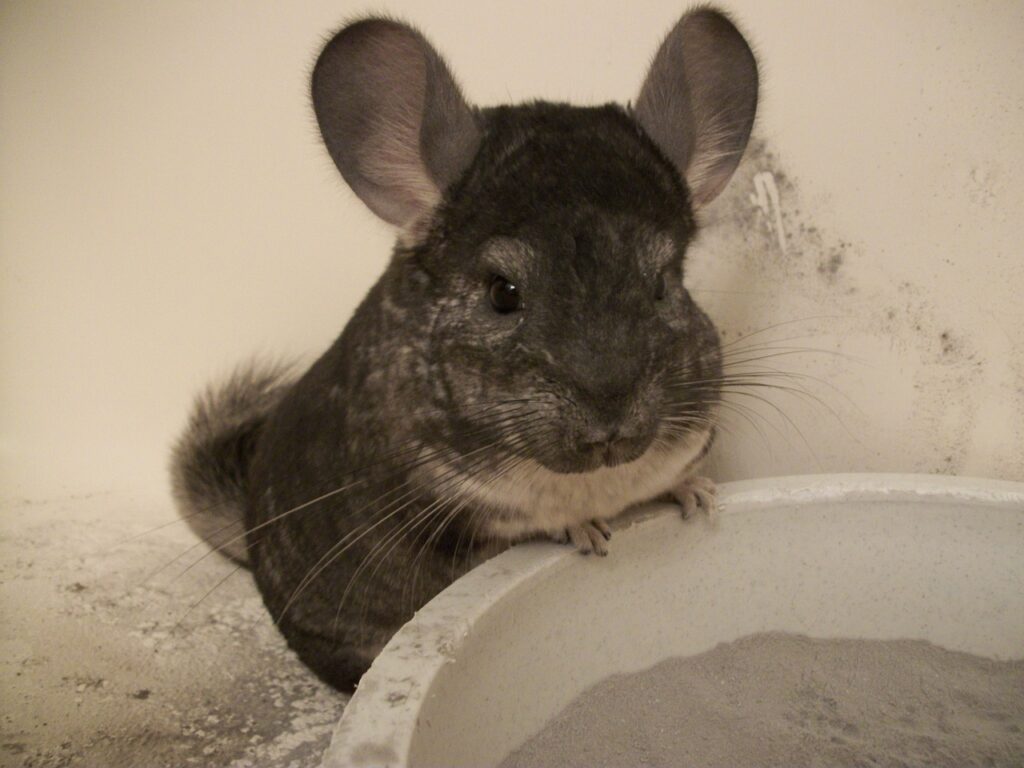
Cons of Owning a Chinchilla
1. Fragile and Delicate
Chinchillas have very delicate bodies and are prone to injury if handled roughly. They require gentle handling and can be easily stressed by loud noises or sudden movements. This makes them less suitable for homes with young children who might not understand how to handle them properly.
2. Specialized Diet
Chinchillas have specific dietary needs that must be met to keep them healthy. Their diet primarily consists of hay, chinchilla pellets, and occasional treats such as dried fruits. It is crucial to avoid foods high in fat, sugar, or moisture, as these can cause serious digestive problems.
3. Expensive Initial Setup
The initial cost of setting up a chinchilla habitat can be high. They require a spacious cage with multiple levels, appropriate bedding, hiding spots, and toys. Additionally, a dust bath container and chinchilla-specific dust are necessary to maintain their fur.
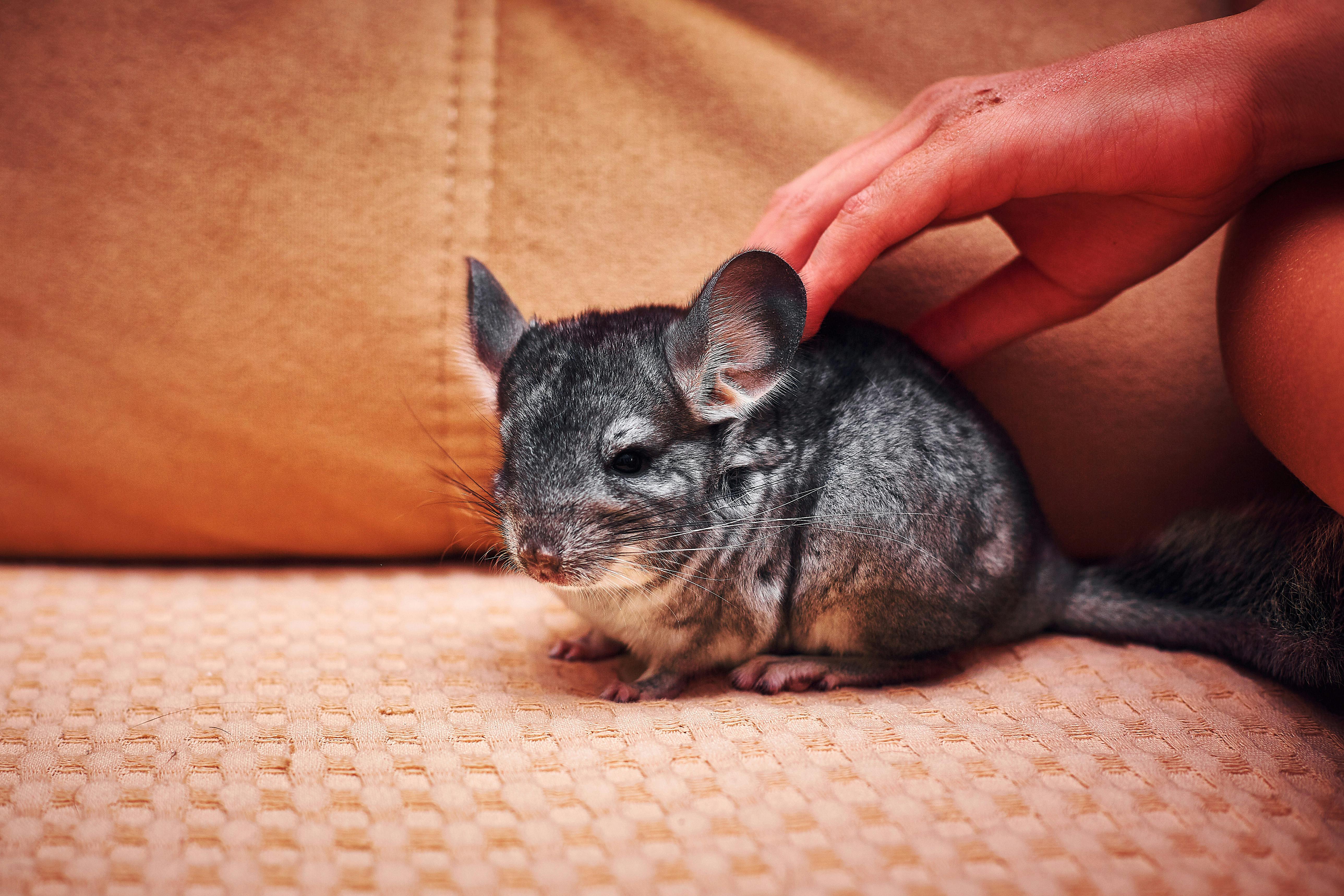
4. Nocturnal Nature
Chinchillas are primarily nocturnal, meaning they are most active during the night. This can be disruptive for owners who prefer a pet that is active during the day. Their nighttime activities can include running on exercise wheels and making noise, which might disturb light sleepers.
5. Requires Temperature Control
Chinchillas are very sensitive to heat and humidity. They need to be kept in a cool, dry environment, ideally between 60 to 70 degrees Fahrenheit. High temperatures can cause heatstroke, which can be fatal. This need for precise temperature control can be challenging, especially in warmer climates.
6. Potential for Dental Problems
Like other rodents, chinchillas’ teeth grow continuously. If their teeth do not wear down properly, they can develop dental issues, which can be painful and require veterinary intervention. Providing chew toys and a proper diet helps maintain their dental health.
7. Vet Care Can Be Challenging
Finding a veterinarian who specializes in exotic pets like chinchillas can be difficult. Not all vets are familiar with their specific health needs, and specialized care can be more expensive. Regular check-ups are essential to monitor for common issues like dental problems, respiratory infections, and gastrointestinal issues.
8. Social Needs and Loneliness
Chinchillas are social animals that can become lonely if kept alone. While some chinchillas do well as solitary pets, many thrive better with a companion. However, introducing a new chinchilla must be done carefully to prevent fighting. Owning multiple chinchillas increases the cost and space requirements for their care.
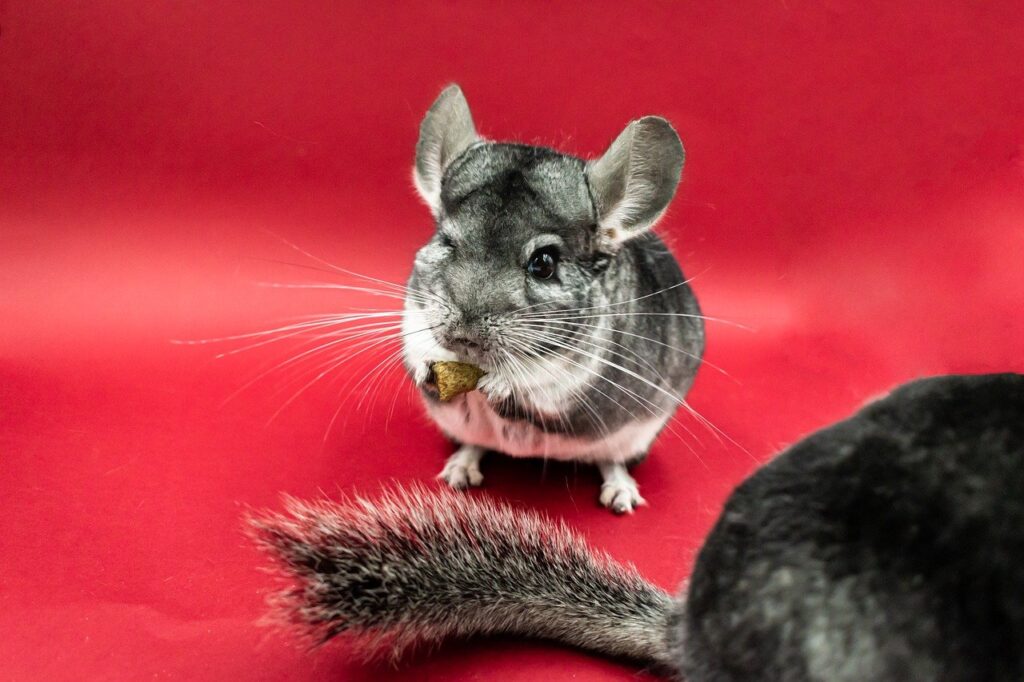
Conclusion
Owning a chinchilla can be a highly rewarding experience, offering companionship, entertainment, and the joy of caring for a unique and adorable pet. However, they also come with specific needs and challenges that potential owners must be prepared to meet.
Chinchillas require a significant investment in time, money, and effort to ensure their well-being. They need a carefully controlled environment, a specialized diet, and gentle handling. Despite these challenges, the bond formed with a chinchilla can be incredibly fulfilling for those willing to commit to their care.
For those who can provide the necessary care and attention, a chinchilla can be an excellent choice of companion. Their playful nature, adorable appearance, and quiet demeanor make them a unique and enjoyable pet. However, it is essential to thoroughly research and understand their needs before bringing a chinchilla into your home to ensure a happy and healthy life for your new furry friend.


